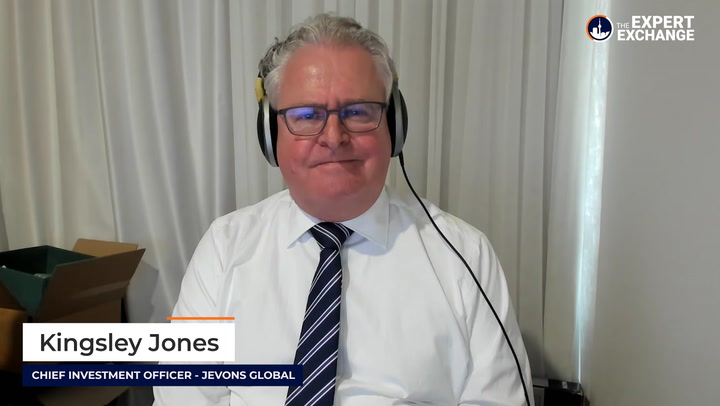- Democrats in the US House of Representatives propose a major roll-back of corporate and individual tax cuts introduced under Republican rule in 2017
- A proposed new tax plan would see top corporate rates lifted from 21 per cent to 26.5 per cent — still below the 35 per cent rate from before the 2017 cuts
- Top individual rates would revert back to pre-2017 levels of 39.6 per cent on income over US$400,000 for individuals and US$450,000 for married couples
- Democrat lawmakers also propose using the tax code to build more low-income housing, and address socio-economic issues and climate change
- The new tax plans are yet to attract support from any Republicans, who have typically defended the 2017 tax cuts
Democrats in the US House of Representatives have proposed a major roll-back of corporate and individual tax cuts introduced during Donald Trump’s presidency in 2017.
A proposed tax plan was passed around the House Ways and Means Committee on Monday. The plan would see the top tax rate on corporations lifted to 26.5 per cent from the current 21 per cent.
Under the proposed increase, corporate taxes would still be lower than they were before the Republican-driven cuts in 2017, when the top corporate tax rate sat at 35 per cent. The top individual income tax rate would completely revert back to where it was before the cuts.
The 26.5-per-cent corporate rate is still lower than the initial 28 per cent rate pushed by President Joe Biden earlier this year.
The proposed tax increases would also see the tax paid by investors on capital gains bolstered from its current 20 per cent to 25 per cent — well under President Biden’s planned rate of 39.6 per cent.
However, where House Democrats’ and President Biden’s plans mostly align is on individual income rates.
Under the proposed tax plan, the top income rate would be raised to President Biden’s goal of 39.6 per cent, on taxable income over US$400,000 (A$543,000) for individuals and US$450,000 (A$611,000) for married couples.
These thresholds are lower than President Biden’s proposed thresholds of US$452,700 (A$614,700) for individuals and US$509,300 (A$691,500) for married couples.
Still, the White House has welcomed the proposed tax plan, which press secretary Andrew Bates said “makes significant progress towards ensuring our economy rewards work and not just wealth”.
He said the tax plan would make sure the wealthiest Americans and big corporations pay their “fair share”.
The plan is designed to largely fund the House Ways and Means Committee’s US$3.5 trillion (A$4.75 trillion) domestic investment plan.
The committee said the tax plan was designed to raise some US$2.9 trillion (A$3.94 trillion) in revenue over the next 10 years.
Along with the tax hikes, Democrat lawmakers have also proposed using the tax code to build more low-income housing, and address socio-economic issues and climate change.
House Ways and Means Committee Chair Richard Neal said the tax plan would support efforts to build a “healthier, more prosperous” future for the US.
“Our proposals allows us to both address our perilously changing climate and create new, good jobs, all while strengthening the economy and reinvigorating local communities,” he said.
The new tax plans are yet to attract support from any Republicans, who have typically defended the 2017 tax cuts and argued that raising taxes would hurt businesses and kill jobs.
Democrats claim the Trump Administration tax cuts unfairly favoured wealthy Americans over lower- and middle-income citizens.








